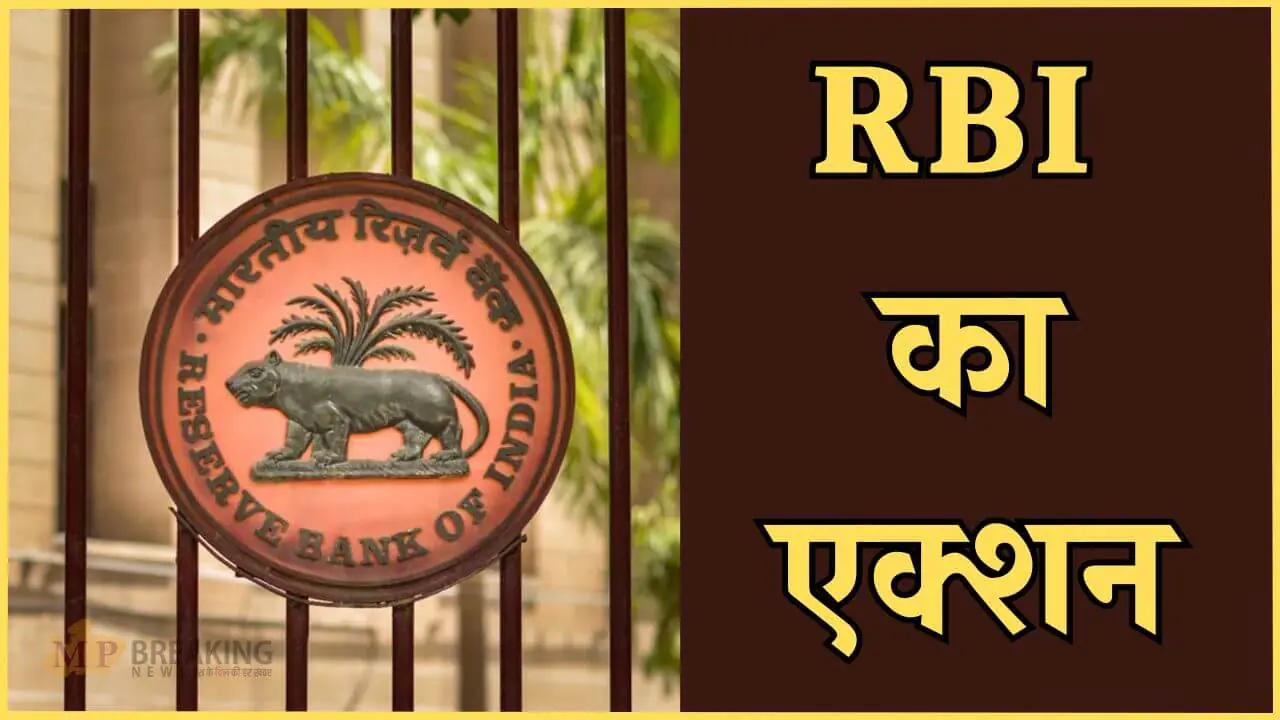The Reserve Bank of India (RBI) is set to introduce a major relief for common citizens and small business owners. The central bank has proposed removing pre-payment charges on floating rate business loans. This means that if a borrower wishes to repay their loan before the due period, they will not be penalized. This rule will apply to individuals and micro, small, and medium enterprises (MSEs), allowing greater financial flexibility and debt-free status without additional charges.
Public Consultation and Implementation
RBI has invited feedback from stakeholders on this proposal by March 21, 2025. A final decision will be taken post consultation. If implemented, it will offer significant financial relief to small business owners and the general public. RBI has issued a draft circular regarding pre-payment or foreclosure charges, stating that all financial institutions (except Tier 1 and Tier 2 Primary Urban Co-operative Banks and Base Layer NBFCs) must comply with this new regulation. Whether an MSE loan has a co-applicant or not, no pre-payment charges will be levied on floating rate business loans.
Loans Covered Under the New Rule
This new regulation will apply to business loans up to Rs 7.50 crore. If an MSE has a loan exceeding this amount, the exemption will not be applicable on the additional sum. The proposal has been outlined in the draft titled ‘Responsible Lending Conduct – Levy of Foreclosure Charges / Pre-payment Penalties on Loans.’
Reason Behind RBI’s Decision
RBI observed that different banks impose varying pre-payment charges on MSE loans, often causing inconvenience and disputes. Many financial institutions also include conditions in loan agreements that restrict customers from switching to other banks offering lower interest rates or better facilities.
No Minimum Lock-In Period
As part of the new proposal, RBI has also mandated that banks cannot enforce a minimum lock-in period on loans. Borrowers will have the freedom to repay their loans at any time without penalties. Additionally, if a bank decides to close a loan, no extra charges can be imposed. Any previously waived fees or undisclosed charges cannot be levied at the time of loan repayment.
This initiative by RBI aims to foster transparency and fair lending practices, ultimately benefiting small businesses and individual borrowers across the country.
